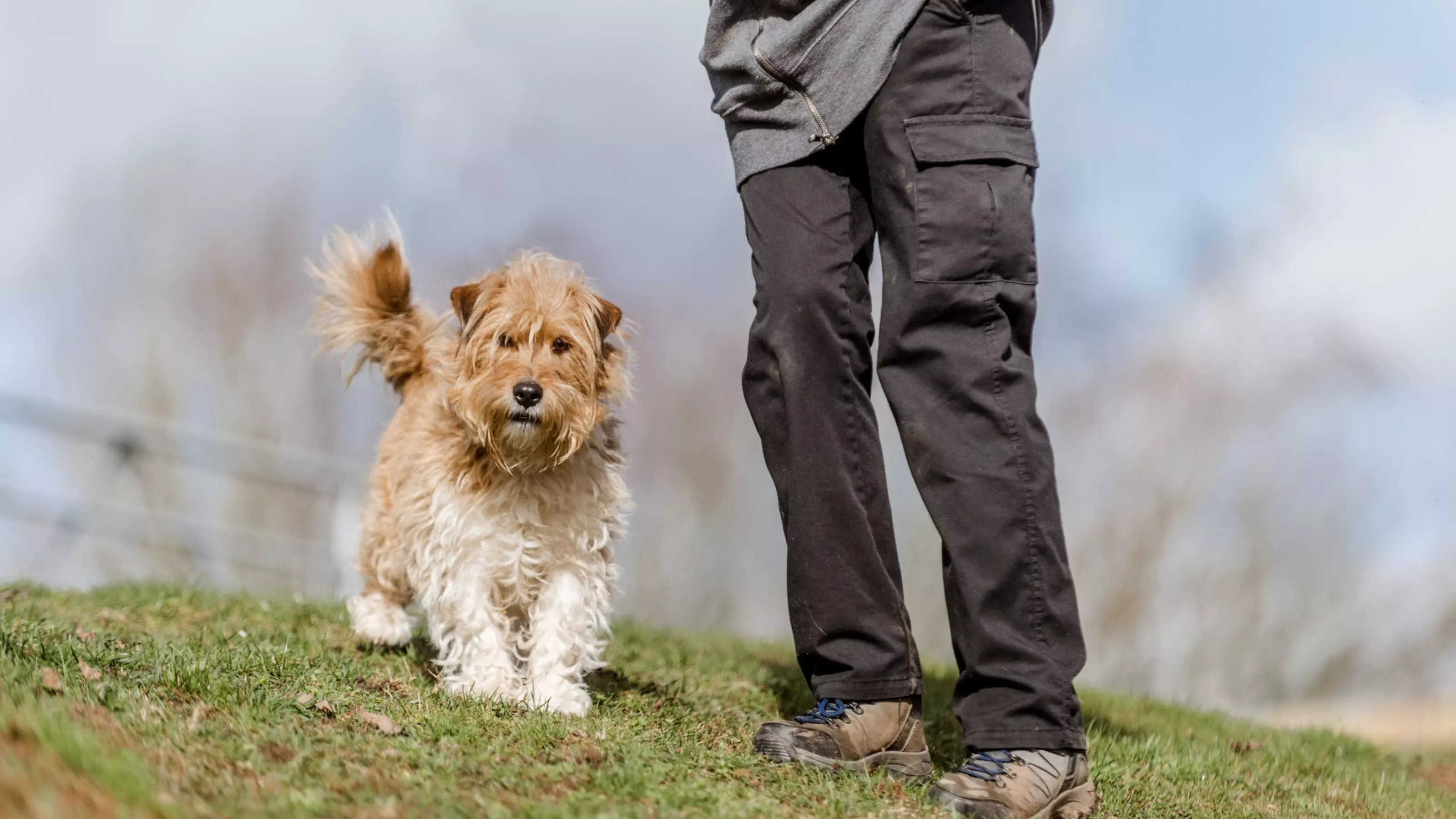
Constipation in dogs
It can be worrying when your dog doesn’t go to the toilet for an unusual length of time. This can occur at any age, but elderly dogs are far more likely to suffer with constipation than younger dogs. If you think that your dog has constipation you should discuss this with your vet.
Is my dog constipated?
If your dog hasn’t gone to the toilet for two days or more, and you notice that they’re trying to go for a poo but are struggling, you should speak to your vet.
These are some signs to watch out for:
- straining
- whimpering/crying when they’re trying to poo
- crouching repeatedly to go to the toilet
- appetite loss
- hard and dry stool
- blood in their stool
Why is my dog constipated?
Your dog could be constipated for a variety of reasons but some of the main causes of constipation are:
- dehydration
- foreign bodies (particularly bones) caught in the digestive system (intestinal tract)
- prostate problems in male dogs
- medication causing constipation
- blocked or infected anal glands
- loss of appetite will cause a reduction or absence of poo. Contact your vet if your pet doesn’t eat for more than 24 hours.
- following an upset tummy, your pet may not pass poo for a day or two. Contact your vet if you are worried.
- lack of opportunity to go out to the toilet (remember some dogs will have preferences about where they like to go to pass poo)
- rear limb lameness or pain/difficulty balancing
How is constipation in dogs treated?
Your vet will usually recommend one or more of the treatments listed below, depending on why your dog is constipated.
- Adding more or less fibre to your dog’s diet
- A laxative to soften your dog’s poop
In more serious cases your vet may opt to carry out an enema. This is where liquid/gas is injected into the anus to push out the blocked contents. This is especially the case when your vet needs to carry out an X-ray to see the cause of constipation.




